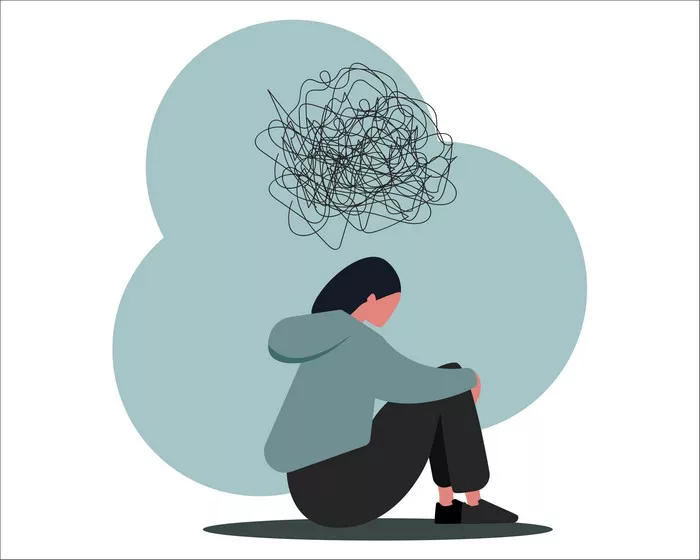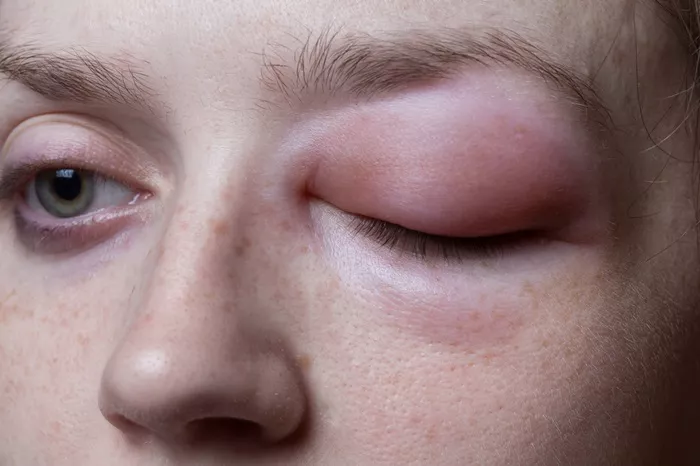Anxiety is a common mental health condition that affects millions of people worldwide. While experiencing occasional anxiety is a normal part of life, persistent and excessive anxiety can interfere with daily activities and well-being. Fortunately, there are numerous strategies to help manage and reduce anxiety symptoms. This comprehensive guide will explore various methods to improve anxiety symptoms, from lifestyle changes and self-help techniques to professional treatments.
Understanding Anxiety
What is Anxiety?
Anxiety is a feeling of worry, nervousness, or unease about something with an uncertain outcome. It is a natural response to stress, but when it becomes excessive or chronic, it can be classified as an anxiety disorder. Anxiety disorders are the most common mental health disorders, affecting around 40 million adults in the United States alone.
Common Symptoms of Anxiety
Anxiety can manifest in various ways, including:
Emotional Symptoms: Feelings of fear, apprehension, or dread.
Physical Symptoms: Increased heart rate, sweating, trembling, dizziness, and muscle tension.
Behavioral Symptoms: Avoidance of anxiety-provoking situations, restlessness, and difficulty concentrating.
Understanding the symptoms of anxiety is the first step towards managing it effectively.
Lifestyle Changes to Improve Anxiety Symptoms
Regular Physical Activity
Engaging in regular physical activity can significantly reduce anxiety symptoms. Exercise releases endorphins, which are natural mood boosters. Activities such as walking, running, swimming, and yoga can help alleviate anxiety by reducing stress and improving overall mental health.
Healthy Diet
A balanced diet plays a crucial role in managing anxiety. Certain foods can influence anxiety levels, such as:
Omega-3 Fatty Acids: Found in fish, flaxseeds, and walnuts, omega-3 fatty acids can help reduce anxiety.
Antioxidants: Foods rich in antioxidants, such as berries, nuts, and leafy greens, can combat oxidative stress and improve mental health.
Magnesium: Low levels of magnesium have been linked to anxiety. Foods like spinach, almonds, and avocados are good sources of magnesium.
Avoiding excessive caffeine and sugar can also help manage anxiety symptoms, as these substances can exacerbate anxiety.
Adequate Sleep
Poor sleep can contribute to anxiety, and anxiety can interfere with sleep, creating a vicious cycle. Establishing a regular sleep routine, creating a restful environment, and practicing good sleep hygiene can help improve sleep quality and reduce anxiety symptoms.
Mindfulness and Meditation
Practicing mindfulness and meditation can be highly effective in managing anxiety. These techniques help individuals stay present, reduce negative thinking, and increase self-awareness. Mindfulness-based stress reduction (MBSR) programs and guided meditation apps can provide structured approaches to incorporating these practices into daily life.
Limiting Alcohol and Tobacco Use
While some people turn to alcohol or tobacco to cope with anxiety, these substances can actually worsen symptoms in the long run. Reducing or eliminating alcohol and tobacco use can lead to significant improvements in anxiety levels.
Self-Help Techniques for Managing Anxiety
Deep Breathing Exercises
Deep breathing exercises can help calm the nervous system and reduce anxiety. Techniques such as diaphragmatic breathing, where you breathe deeply from the abdomen, can help lower stress and promote relaxation.
Progressive Muscle Relaxation
Progressive muscle relaxation (PMR) involves tensing and then slowly relaxing different muscle groups in the body. This technique can help reduce physical tension associated with anxiety and promote a sense of calm.
Journaling
Writing down thoughts and feelings can help individuals process emotions and reduce anxiety. Journaling can provide an outlet for expressing worries and can help identify patterns that contribute to anxiety.
Positive Affirmations and Self-Talk
Positive affirmations and self-talk can help counteract negative thoughts and build self-confidence. Repeating positive statements and challenging negative thinking patterns can shift your mindset and reduce anxiety.
Setting Realistic Goals
Setting realistic and achievable goals can help manage anxiety by providing a sense of direction and accomplishment. Breaking tasks into smaller, manageable steps can make them feel less overwhelming and reduce anxiety.
Professional Treatments for Anxiety
Cognitive Behavioral Therapy (CBT)
Cognitive Behavioral Therapy (CBT) is one of the most effective treatments for anxiety disorders. CBT helps individuals identify and change negative thought patterns and behaviors that contribute to anxiety. Through structured sessions with a trained therapist, individuals learn coping strategies and techniques to manage anxiety.
Medication
In some cases, medication may be necessary to manage anxiety symptoms. Commonly prescribed medications include:
Selective Serotonin Reuptake Inhibitors (SSRIs): These medications increase the levels of serotonin in the brain, which can help reduce anxiety.
Benzodiazepines: These medications provide short-term relief from anxiety but can be addictive and are typically used for acute anxiety episodes.
Beta-Blockers: These medications can help manage physical symptoms of anxiety, such as rapid heart rate and trembling.
Medication should always be prescribed and monitored by a healthcare professional.
Exposure Therapy
Exposure therapy is a form of CBT that involves gradually exposing individuals to anxiety-provoking situations in a controlled and safe manner. This process helps desensitize individuals to their fears and reduces avoidance behaviors.
Support Groups and Counseling
Joining a support group or engaging in counseling can provide additional support and coping strategies. Sharing experiences with others who understand what you are going through can be reassuring and motivating.
Mindfulness-Based Stress Reduction (MBSR)
MBSR is a structured program that combines mindfulness meditation and yoga to reduce stress and anxiety. Developed by Dr. Jon Kabat-Zinn, MBSR has been shown to be effective in managing anxiety and improving overall well-being.
Developing a Comprehensive Anxiety Management Plan
Identifying Triggers
Understanding what triggers your anxiety is crucial for managing it effectively. Keeping a journal of anxiety episodes, noting the situations, thoughts, and physical sensations associated with them, can help identify patterns and triggers.
Creating a Routine
Establishing a daily routine can provide structure and predictability, which can help reduce anxiety. Incorporate regular physical activity, relaxation techniques, and self-care practices into your routine to support mental health.
Building a Support Network
Having a strong support network is essential for managing anxiety. Reach out to friends, family, and mental health professionals for support. Joining support groups or online communities can also provide a sense of connection and understanding.
Practicing Self-Compassion
Practicing self-compassion involves being kind to yourself and recognizing that everyone experiences anxiety at times. Avoid self-criticism and acknowledge your efforts to manage anxiety.
Setting Boundaries
Setting boundaries is important for protecting your mental health. Learn to say no to activities or situations that increase your anxiety and prioritize activities that promote relaxation and well-being.
Monitoring Progress and Adjusting Strategies
Tracking Symptoms
Regularly tracking your anxiety symptoms can help monitor progress and identify which strategies are most effective. Use a journal or an app to record your symptoms, triggers, and coping strategies.
Regular Check-Ins with a Healthcare Provider
Regular check-ins with a healthcare provider can help ensure that your anxiety management plan is effective. Your provider can make adjustments to your treatment plan as needed and provide additional support and resources.
Adjusting Strategies as Needed
Anxiety management is an ongoing process that may require adjustments over time. Be open to trying new strategies and modifying your plan based on what works best for you.
Conclusion
Improving anxiety symptoms involves a multifaceted approach that includes lifestyle changes, self-help techniques, and professional treatments. By understanding anxiety, making healthy lifestyle choices, practicing self-help strategies, and seeking professional help when needed, individuals can effectively manage their anxiety and improve their overall quality of life. Remember that managing anxiety is a journey, and it is important to be patient and compassionate with yourself as you work towards better mental health.
[inline_related_posts title=”You Might Be Interested In” title_align=”left” style=”list” number=”6″ align=”none” ids=”9132,9129,9126″ by=”categories” orderby=”rand” order=”DESC” hide_thumb=”no” thumb_right=”no” views=”no” date=”yes” grid_columns=”2″ post_type=”” tax=””]

































